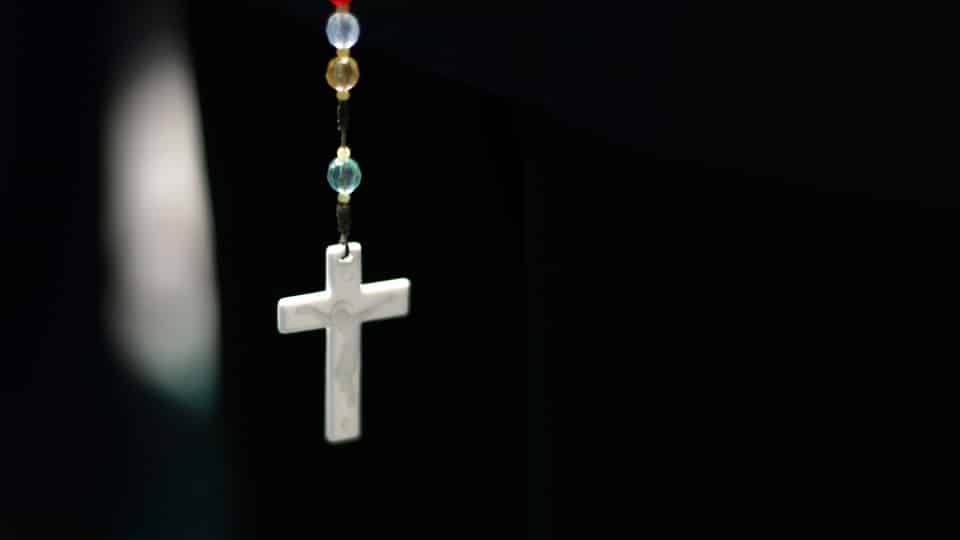“Sometimes, it seems that we are even experiencing a certain civilizational regression in this regard,” said Virgílio Antunes, also vice-president of the Portuguese Episcopal Conference, at the Sanctuary of Fatima, where the international pilgrimage of August 12 and 13, which he presides over, begins today.
At a press conference preceding the start of the pilgrimage, which includes the national pilgrimage of migrants and refugees to Fatima, the prelate provided a historical context on this matter, stating that “there have always been migrations throughout history.”
“But in our time, they are mainly the result of aggravated and extreme poverty in some cases, the result of totalitarian regimes that do not allow people to be free, express themselves, and have access to normal living conditions,” noted the Bishop of Coimbra.
He added that “issues of persecution,” whether religious, ideological, or political, also contribute, highlighting war as a factor.
“I expected, perhaps we all expected, that in the 21st century, some of these fundamental causes behind these migratory phenomena could be, in a certain sense, overcome or at least mitigated,” observed Virgílio Antunes, lamenting that “there has been a worsening of the circumstances, motivations, and causes that give rise to migrations.”
For the former rector of the Sanctuary of Fatima, “these causes that humanity, on the one hand, seems to give so much importance to and, on the other hand, has not yet been able to resolve, nor to find in a reasonable way, some paths to solution.”
“We must help our world, our societies, our politicians, even our religious leaders at various levels, all try to make a ‘push’ so that some of these causes can be eliminated or at least mitigated at their origins,” argued the president of the August pilgrimage.
Given the impossibility of this happening overnight, Virgílio Antunes called for the “common feeling” of humanity in the perspective of “welcoming, integrating, accompanying, and helping to rebuild the lives of many people,” both those who arrive in the country and those who leave.
Referring to these as verbs that “Pope Francis has used so many times and repeats to satiety,” the Bishop of Coimbra acknowledged, however, that “it seems they do not find these effective results when it comes to States, governments, society in general, politicians, and even religious institutions trying to put them into practice.”
For Virgílio Antunes, “migrations are certainly a human phenomenon,” but they require “a humanitarian attitude in the best sense of this word and term.”
The official celebrations of the pilgrimage at the Sanctuary of Fatima begin at 9:30 PM, with the recitation of the rosary at the Chapel of Apparitions, followed by the candlelight procession and the celebration of the word in the prayer precinct.
On Tuesday, the religious ceremonies begin with the Eucharistic procession in the precinct at 7:00 AM, and two hours later, the rosary at the Chapel.
The mass, with the blessing of the sick and the farewell procession, concludes the pilgrimage, which is also known as the pilgrimage of emigrants.





